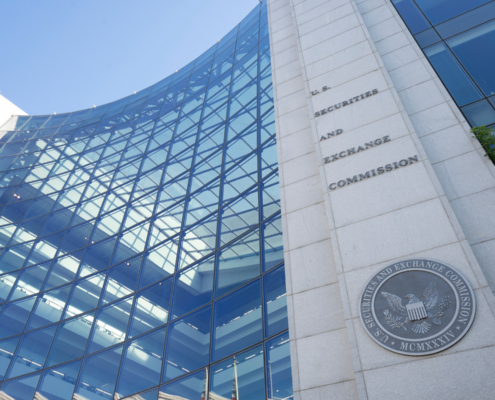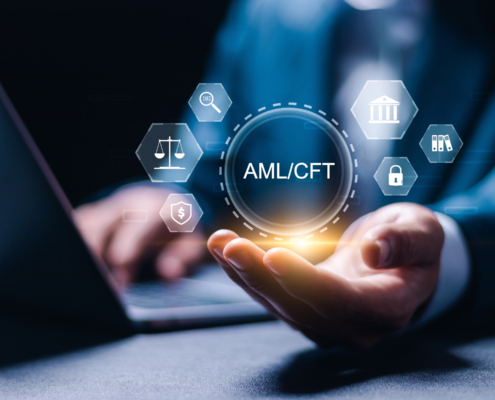
Canada’s Strong Borders Act
Canada’s Strong Borders Act represents a sweeping overhaul of the country’s AML/CFT regime. The legislation introduces tougher penalties, expanded oversight, and stricter compliance and enforcement expectations.

June 2025 Sanctions & Export Controls Update
Explore this month’s Sanctions and Export Controls Update, highlighting IFI’s take on key developments from June 2025.

Trump’s IEEPA Tariffs – Blurring the Lines Between Trade Sanctions and Traditional Tariffs
The Trump administration’s unprecedented use of tariffs as a tool of national security and foreign policy to compel countries to change policies the U.S. opposes has blurred the lines between tariffs and trade sanctions.

Recent IAR Enforcement Actions
Recent SEC enforcement actions against IARs highlight critical compliance failures, including unregistered brokerage activities, misleading marketing practices, undisclosed conflicts of interest, and inadequate compliance policies.

Sweeping AML Requirements for RIAs and ERAs
FINCEN issued a final rule with new AML requirements for investment advisers. With the January 1, 2026 deadline approaching, RIA and ERA firms must begin building and implementing their compliance programs as soon as possible.

Lifting Sanctions on Syria
Human rights activists have been advocating for the lifting of sanctions to help Syria rebuild after nearly 14 years of destruction. What would U.S. sanctions relief for Syria entail? What changes will likely be required?

Advancement in Digital Asset Markets
Review policies and regulation on crypto in the U.S., UK, EU, and globally, how this influences adoption, and measures to capitalize on rewards while managing illicit finance risks.

The Chips Are Down
Recent enforcement actions indicate regulators are tightening their focus on the illicit cash that traverses the gaming industry. This article explores why casinos are a convenient money laundering venue and recent enforcement cases that highlight the risks the gaming industry faces globally.

2024’s Top 10 Major Developments
Explore the highlights from our recent webinar including an overview of the current illicit finance landscape, major events in 2024 as well as noted possible future developments as the global illicit finance regime grows and evolves.

Webinar Recap – The Dos, Don’ts & Expert Insights on Beneficial Ownership
In our recent webinar, regulatory, investigative, and anticorruption policy experts discussed some of the nuances relating to the U.S. Corporate Transparency Act (CTA) and its Beneficial Ownership reporting requirement. Explore the highlights in this article.
